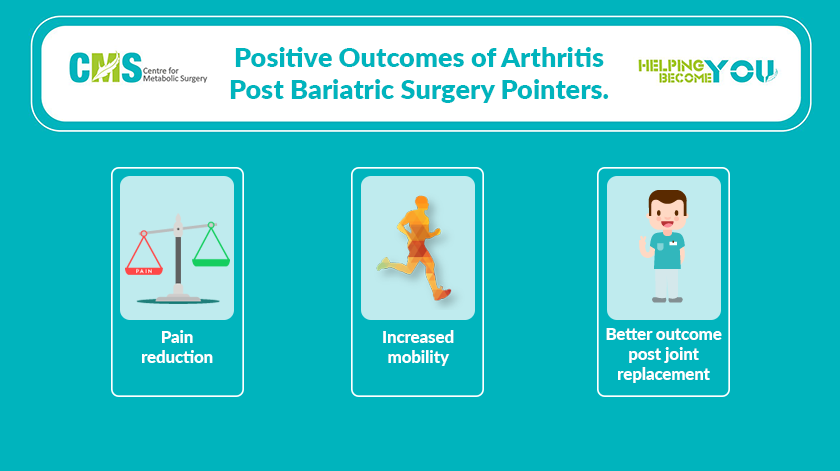
Obesity has become an alarming epidemic across the world. Though considered a cosmetic issue, obesity results in depression, self-confidence loss and public perception issues. It is also a risk factor for developing health problems like high cholesterol, high blood pressure and diabetes.
Obesity can also result in a serious sleep disorder called Obstructive Sleep Apnea(OSA). Sleep Apnea is a common disease, which occurs when a person’s breathing interrupts during sleep. This happens when throat muscles intermittently relax, block airway and cause breathing to repeatedly start and stop during sleep. A noticeable sign of obstructive sleep apnea is snoring (a grunting sound while asleep) and facial congestion during sleep usually seen by spouse. Patients with this ailment often complain of morning headaches, constant fatigue, listlessness, day time sleepiness and mood variations.
Obesity is directly related to obstructive sleep apnea as it affects the structure and function of the upper airway. The airway of obese patients become obstructed by large tonsils, enlarged tongue and increased fat in the neck. Neck circumference is a good predictor of sleep apnea. Obese men and women with a neck circumference of 17 inches and 16 inches respectively are more likely to have this disorder. The fat surrounding the internal organs (visceral fat) appears to be an important risk factor for developing sleep apnea.
Though obesity results in obstructive sleep apnoea, it is believed that sleep apnoea increases obesity. The possible ways in which obstructive sleep apnea can promote obesity are –
•Obstructive Sleep Apnea or OSA person has poor sleep, which cause the body to lose appetite control resulting in increased hunger and obesity.
•OSA persons tend to be less physically active. This means those patients burn fewer calories and are more likely to gain weight due to excess of calories.
Snoring is a serious issue and should be taken seriously. Please talk to your doctor for effective treatment options to lessen the associated complications. Temporary relief can be achieved by using a CPAP machine, which pushes air to keep breathing passage open. For long term improvement or remission of sleep apnoea, weight loss either through a strict regimen of healthy eating and exercise or through bariatric surgery can correct the underlying cause.
- http://www.mayoclinic.org/diseases-conditions/obstructive-sleep-apnea/home/ovc-20205684
- http://www.freepressjournal.in/featured-blog/ignore-this-sleep-ailment-at-your-own-peril/1094777
- http://www.ipcra.org/obesity-a-risk-factor-or-a-consequence-of-obstructive-sleep-apnea
- https://www.healthcentral.com/article/obesity-and-sleep-apnea-whats-the-connection

Post a comment
Your email address will not be published. Fields marked (*) are mandatory.